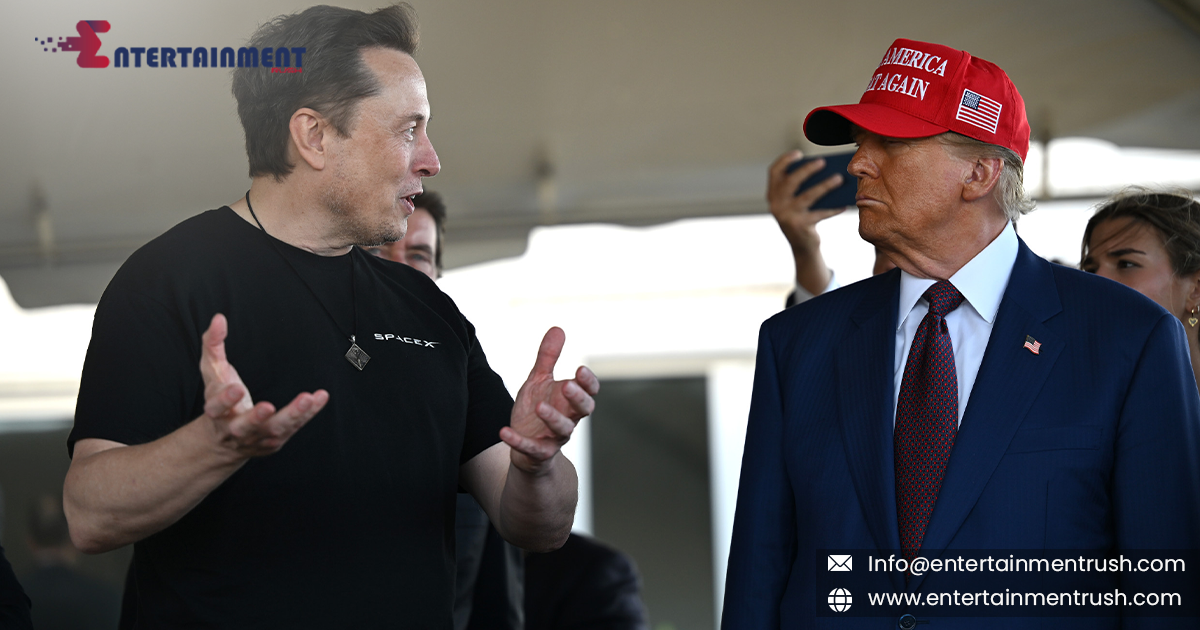Tech billionaire Elon Musk is making his presence felt in the world of politics following Donald Trump’s election victory, emerging as a key power broker in the presidential transition. Musk, who has long been a supporter of Trump, has deepened his involvement by providing input on key administration hires and playing an influential role in shaping the direction of the incoming government.
As one of Trump’s most prominent campaign backers, Musk donated $119 million to a pro-Trump political action committee and was a vocal supporter of the Republican candidate during the election. Since Trump’s victory, Musk has made regular visits to the president-elect’s Mar-a-Lago resort in Florida, spending time with Trump and his family. This has led to growing speculation about the billionaire’s potential influence in the administration, with sources confirming that Musk has become a regular advisor on personnel decisions.
Musk’s involvement in the transition process has extended beyond private meetings. On social media, he has actively promoted his political views and even suggested potential candidates for Trump’s cabinet. Musk has also posted endorsements for Florida Senator Rick Scott to lead the Senate and publicly supported ideas proposed by former Republican presidential candidate Vivek Ramaswamy, including the radical downsizing of government.
This close relationship with Trump has raised questions about Musk’s access to power and the potential advantages it could offer his businesses. Following Trump’s election win, Tesla’s stock saw a notable 14% jump, with analysts suggesting that tariffs on Chinese imports could potentially block competitors, benefiting Musk’s electric vehicle company.
Experts have pointed out that Musk’s influence goes beyond mere lobbying. Gita Johar, a professor at Columbia Business School, described the situation as unprecedented, noting that Musk’s access to the president-elect could result in tangible benefits for his business ventures. While some speculate that Musk could take on a formal government role, such as a “secretary of cost-cutting,” sources indicate that he is more likely to remain an informal advisor, potentially joining a special committee with significant influence but without the constraints of government ethics rules.
One of Musk’s key policy priorities is deregulation, which he has long argued stifles innovation at companies like Tesla and SpaceX. With his prominent position in the Trump transition, Musk is expected to push for regulatory changes that could directly benefit his businesses. As he wrote on social media the day after Trump’s victory, “America is a nation of builders… Soon, you will be free to build.”
While the exact nature of Musk’s future role in the Trump administration remains uncertain, his close ties to the president-elect suggest that he will continue to wield considerable influence as the country prepares for the next phase of governance.
